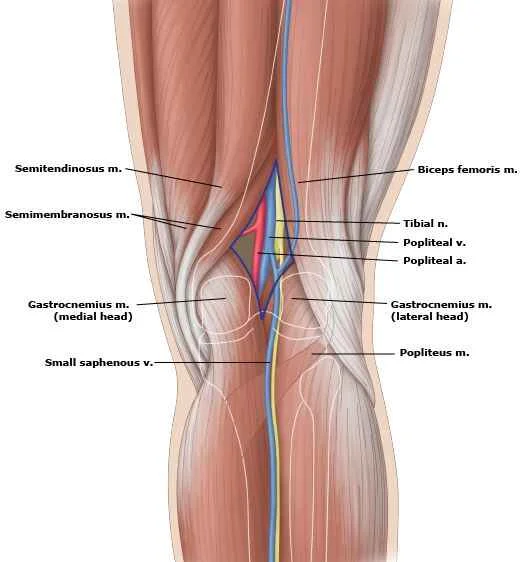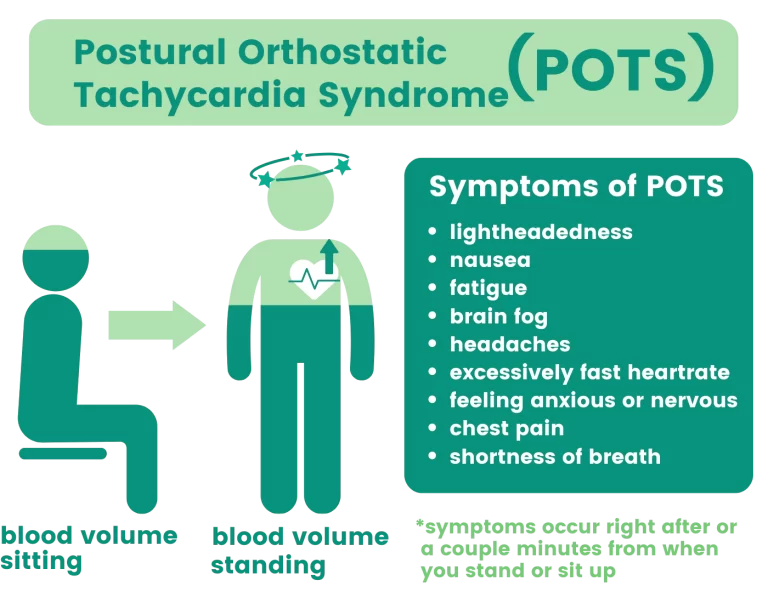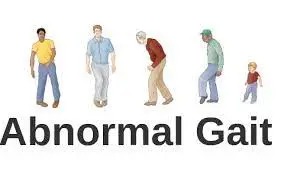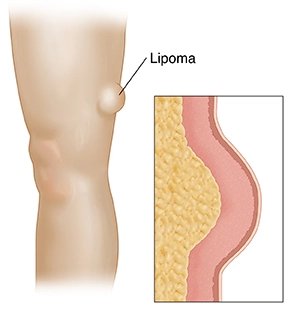Facial Swelling
Introduction
Facial swelling refers to inflammation or fluid accumulation in the face, leading to enlarged facial features like puffy cheeks, lips, or around the eyes. This swelling emerges gradually or rapidly and is usually a symptom indicating a more serious problem rather than a stand-alone condition.
Facial swelling should not be ignored as it can signify a life-threatening infection, allergic reaction, or injury if left untreated. Getting an accurate diagnosis and appropriate treatment is key to reducing swelling and complications.
Causes of Facial Swelling
There are several potential causes leading to the development of facial swelling, ranging from mild to more severe.
Infections
Infections that commonly cause facial swelling include:
- Sinus infections – Swelling of the cheeks or around the eyes and nose may occur from sinusitis. This happens when the sinuses become inflamed and filled with fluid.
- Dental infections – An abscessed or infected tooth, including gingivitis and periodontitis, often leads to swelling in the mouth, jaw, or cheek areas.
- Cellulitis – This bacterial skin infection can occur in facial areas and spreads swelling through tissues under the skin.
Allergic Reactions
Allergic reactions occur when the immune system overreacts to a foreign substance that is harmless to most people. Substances provoking allergic reactions are called allergens. In the case of facial swelling, common allergic triggers include foods, medications, insect venom, latex, and pet dander.
- Food Allergies
Food allergies often cause hives and facial swelling such as swollen lips or puffy eyes when a problematic food is eaten. The swelling begins suddenly, often within minutes to hours after exposure. Foods most associated with allergies leading to facial swelling include Peanuts, Tree nuts, Milk, Eggs, Shellfish, Berries, and Soy.
- Medication Allergies
Medications containing ingredients that trigger allergic reactions may also result in facial swelling. The lips, eyes, cheeks, and tongue are areas that typically become swollen from medication allergies. Some common medications that cause allergic reactions are Penicillins and cephalosporins (antibiotics), NSAIDs (non-steroidal anti-inflammatory drugs), Chemotherapy/biologic drugs, and Anticonvulsants.
- Insect Bites
Stings from bees, wasps, hornets, fire ants, and mosquitos introduce venom that may instigate severe swelling around the bite site. Those who are highly allergic tend to experience exaggerated facial swelling encompassing the nose, eyes, lips, and throat regions in response to insect venom.
Identifying and avoiding allergen triggers is key to preventing recurrences of allergy-induced facial swelling episodes. When swelling develops suddenly after exposure to a probable allergen, prompt medical care with antihistamines, epinephrine, and steroids help reduce swelling and associated allergic symptoms.
Injuries
Trauma to the face from accidents or physical blows often results in facial swelling such as:
- Broken facial bones – Fractures of the nose, cheekbones, jaw, or eye socket bones can lead to significant bruising and swelling around the eyes or cheek. This occurs due to blood vessel leakage and fluid buildup from damaged tissues and bones.
- Bruises – Blunt trauma from an object or blow to the face crushing capillaries and veins under the skin. Blood and fluid then seep out surrounding tissues causing visible swelling and bruising. This often subsides gradually over a week or two.
Medical Conditions
Certain health conditions also contribute to facial swelling such as:
- Bell’s palsy – This condition causes temporary paralysis or weakness of the facial muscles on one side. As a result, swelling occurs in the cheeks due to fluid build-up and inflammation of the facial nerve.
- Tumors – Benign or cancerous facial tumors found in the sinus cavity, mouth, salivary glands, or lymph nodes can obstruct blood flow and expand tissues. The swelling persists and enlarges progressively with tumor growth over time.
- Thyroid problems – Both hypothyroidism and hyperthyroidism can instigate puffiness or swelling in the neck and facial areas, including around the eyes, chin, and lips. The thyroid regulates fluid balance and inflammation which is disrupted in thyroid disease.
Symptoms
The signs and symptoms of facial swelling include:
- Swelling located on cheeks, around eyes, lips, jaw, forehead, or neck
- Enlarged face and puffy facial features
- Tight, stiff, or heavy-feeling face
- Redness and warm skin over the swollen area
- Tenderness and pain in the swollen area
- Other accompanying symptoms may occur like headache, toothache, rash, fever, or chills depending on the underlying cause
The location and severity of swelling can indicate different conditions. When swelling arises suddenly and spreads rapidly, it may signify a serious infection. Swelling from trauma or fractures shows bruising and severe tenderness of affected bones. Identifying associated symptoms provides insight into potential causes.
Diagnosis
To diagnose the cause of facial swelling, doctors will conduct:
- Physical exam checking for swelling locations, drainage, redness, pain and swelling size
- Medical history questions regarding symptoms, recent infections, injuries, surgeries, or medication use
- allergy testing in the event that an allergic reaction is thought to be present
- Imaging tests such as CT scans, MRIs, and X-rays to assess soft tissue and bone structures
- Blood tests to evaluate infection, inflammation, and thyroid functioning
- Biopsies for suspicious growths indicating tumors or cancer
Determining whether swelling stems from infection, injury, allergies or another origin guides appropriate treatment approaches. Diagnostic testing also tracks the progression of swelling and if surrounding structures like the eye or throat are affected. Prompt evaluation is key even when swelling seems minor at first since rapid escalation can occur.
The symptoms overview the physical signs someone may experience with facial swelling. Diagnostic approaches then pinpoint causes through physical examination and various tests based on the presentation.
Treatments for Facial Swelling
Treatment focuses on alleviating swelling and associated infection, inflammation, or injury:
- Medications: Antihistamines, corticosteroids, and epinephrine to reduce swelling from allergic reactions and inflammation. Antibiotics like amoxicillin for bacterial infections which are a common cause of facial swelling.
- Surgery: Procedures like drainage, endoscopy, lesion, or tumor removal are indicated for blocked sinuses, cellulitis, or masses causing swelling or airway obstruction. Repair of tissue injuries or fractured facial bones may also necessitate surgery.
- Address Underlying Conditions: Controlling or correcting health issues like thyroid dysfunction or Bell’s palsy that contribute to swelling through associated fluid accumulation or inflammation.
- Physical Therapy: Exercises for mobility and strength recovery following facial bone fractures or nerve damage and paralysis from Bell’s palsy.
- Compression and Cold Therapy: Compressive bandages and ice packs can subdue swelling, pain, and inflammation. Effective for sprains, bruises, and mild infections.
Initial Treatment
The initial treatment when facial swelling first manifests focuses on reducing inflammation and discomfort:
- Antihistamines like diphenhydramine (Benadryl) block histamine release responsible for inflammation and allergy symptoms associated with swelling.
- Steroids like prednisone or dexamethasone act as potent anti-inflammatories to decrease swollen facial tissues.
- Cool compresses, ice packs, or cold therapy face masks constrict blood vessels to diminish fluid leakage and swelling.
Identifying & Treating Underlying Cause
Concurrently, the underlying cause needs addressed to resolve ongoing factors perpetuating swelling:
- Infections require appropriate antibiotic therapies – broad spectrum IV antibiotics for severe cellulitis or oral antibiotics like amoxicillin targeting sinus or dental infections. Sometimes surgical drainage of infected fluid pockets is necessary.
- Traumatic injuries often necessitate realignment procedures for facial bone fractures, suture repairs of deep lacerations, or reconstructive surgeries for significant tissue damage.
- Tumors and oral cancers require oncological interventions like surgical resection, chemotherapy drugs, or radiation therapy guided by biopsy results.
Other causative illnesses must be managed such as thyroid hormone replacement for hypothyroidism, steroids for autoimmune conditions, diuretics for reducing fluid retention, or anticonvulsants for Bell’s palsy.
Ongoing Care & Monitoring
Care continues post-diagnosis and acute treatment to ensure complete resolution:
- The clinical team closely tracks improvement through frequent reassessments of swelling/inflammation
- Further imaging via CT, MRI, and ultrasounds to verify dissipation
- Lab work indicating lowered white blood cell count and infection markers
- Possible physical therapy to regain functionality after nerve damage or musculoskeletal injury
- Preventative care through allergen/trigger avoidance, vaccines, facial protection gear
Combining pharmacological anti-inflammatories, cold therapy, treating the underlying cause, and follow-ups ensures facial swelling is appropriately managed for the best restoration of appearance and function.
Prevention Tips
To help prevent or reduce occurrences of facial swelling:
- Use face shields for high-impact sports to help prevent traumatic injuries and facial bone fractures
- Manage known allergies, avoid food or other triggers
- Get regular dental cleanings and address decay or dental infections promptly to prevent facial cellulitis
- Limit alcohol consumption and quit smoking
- Manage medical conditions like hypothyroidism and sinusitis
Being proactive and responsive when swelling episodes occur allows for earlier treatment and aims to reduce recurrences.
The treatments address resolving facial swelling based on the root causes. Prevention tips give measures to reduce the onset of modifiable triggers that commonly instigate facial swelling.
Summary
Facial swelling refers to inflammation, fluid build-up, or atypical enlargement of facial structures. It signifies an underlying infection, allergic reaction, injury, or medical condition that requires prompt evaluation and proper treatment to prevent permanent damage or threats to sight, breathing, or swallowing.
Swelling focused on the cheeks, eyes, jaw, lips or forehead can stem from sinus infections, dental abscesses, cellulitis, trauma from accidents, thyroid dysfunction, and tumors among other causes. Antihistamines, steroids, antibiotics, surgery, addressing underlying illness, cold compression, and preventative measures provide symptom relief and treat originating causes of swelling.
Neglecting sudden or persistent facial swelling can allow it to spread systemically or obstruct vital functions. Thus being attentive to symptoms and securing an accurate diagnosis guides appropriate interventions.
FAQs
Is facial swelling always a sign of something serious?
Mild swelling from a minor insect bite or light bruise usually resolves itself. However, more pronounced or enduring facial swelling indicates a problematic underlying condition needing assessment.
When should you go to the emergency room for facial swelling?
Seek emergency care if swelling arises suddenly, spreads rapidly, or you experience severe pain, vision changes, breathing, or swallowing impairment signifying a life-threatening infection, injury, or allergic reaction.
Does facial swelling go away on its own?
It depends on the cause. Swelling from minor bruises, mosquito bites or mild food reactions often goes away spontaneously within days. However, infections, fractured bones, tumors, and medical illnesses causing swelling necessitate proper treatment otherwise swelling persists and worsens.
Can facial swelling be prevented?
Some precautionary steps aim to prevent swelling episodes, especially from injury or recurring infections. These include face shields for contact sports, prompt antibiotic treatment of infections, managing medical conditions, good oral hygiene, allergen avoidance, limiting alcohol, quitting smoking, and facial protection.
References
- Kahn, A. (2023, April 18). What’s Causing My Face to Swell? Healthline. https://www.healthline.com/health/facial-swelling
- Leonard, J. (2023, December 20). What can cause facial swelling? https://www.medicalnewstoday.com/articles/323342
- Lindberg, S. (2023, February 10). Taking Care of a Swollen Face. Healthline. https://www.healthline.com/health/how-to-reduce-swelling-in-face
- https://th.bing.com/th/id/OIP.uedGBD0JUaG08BBjT9HsPQHaFj?rs=1&pid=ImgDetMain







